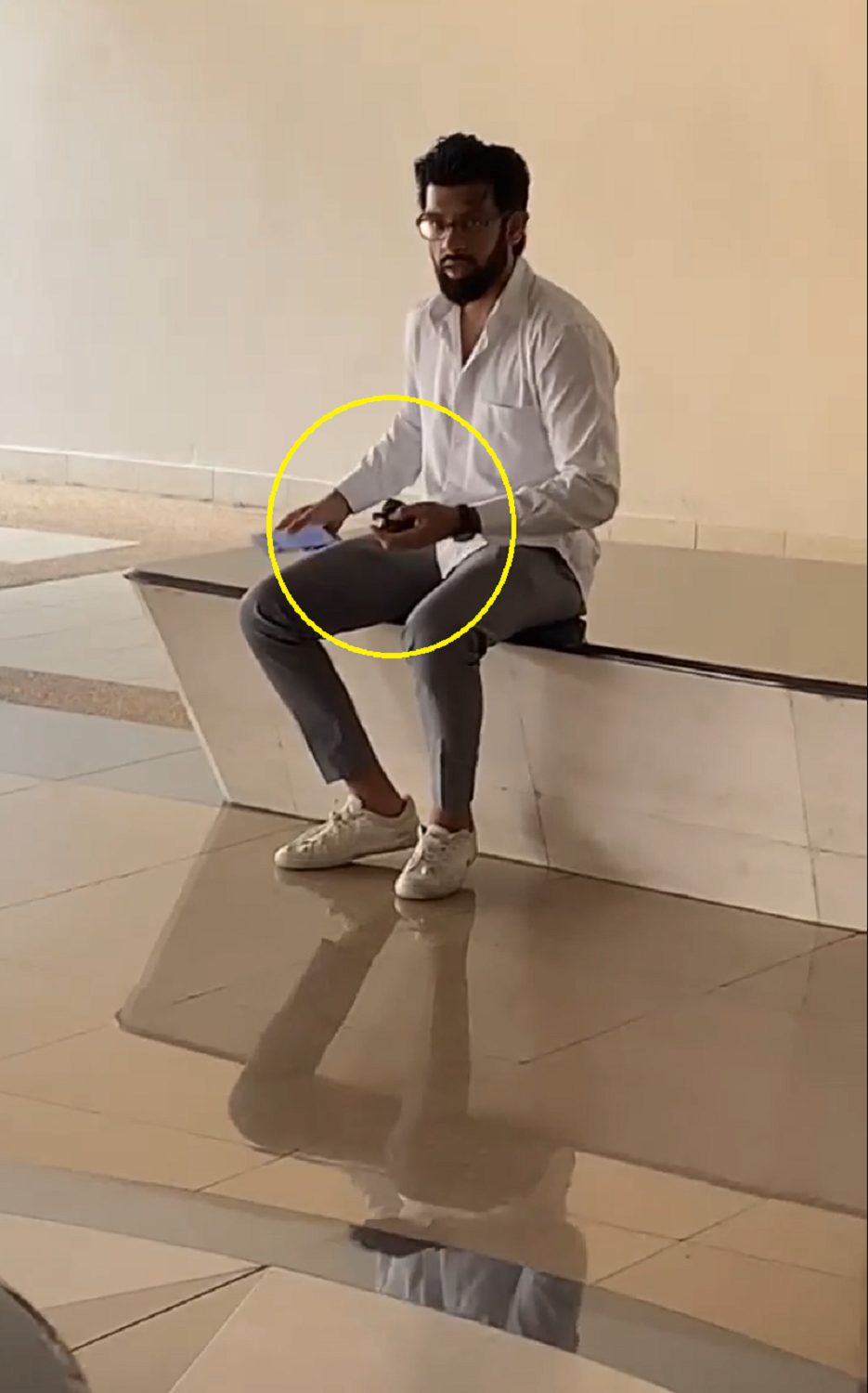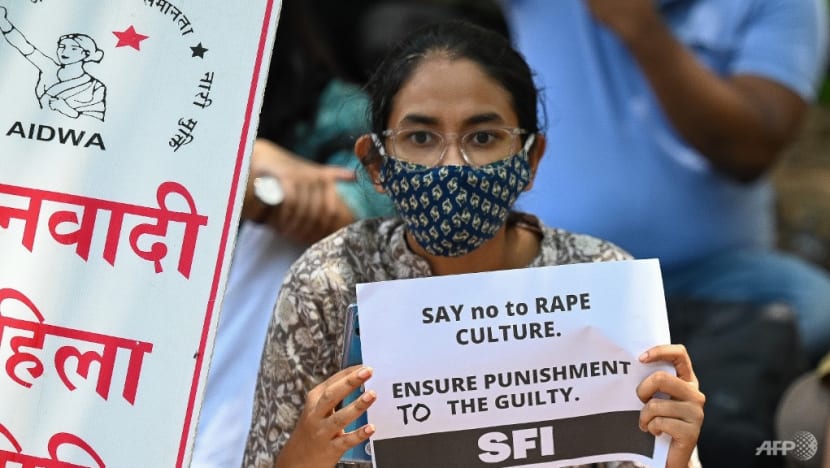They don't forget. And they will play the race card even if the incident was 20 years ago.
OMG, 20 years ago, all societies were so politically incorrect. There were all kinds of discrimination: race, sex, religious, class, looks, physical attributes, academic etc.
Quote: "She also spoke about her experience working for an American financial news agency that provided currency updates to a local television channel, and said of the channel: "They told my bosses they didn't want me doing TV updates for them.""
Maybe she wasn't chio enough?
Quote: "She later "confronted the man who (now) runs the newsroom of that same TV channel, who ironically happens to be Indian Singaporean" on the topic of Indian and Malay presenters. According to her, the man replied that viewers "didn't like watching darker-skinned presenters"."
Maybe she did not submit to the casting couch test?
Mediacorp responds to ex-BBC journalist's allegations of bias, says it hires based on merit
Hariz Baharudin
Aug 11, 2021
SINGAPORE - National broadcaster Mediacorp on Wednesday (Aug 11) said it was committed to equal opportunities and diversity in hiring, following allegations that one of its editors had said "viewers did not like watching darker-skinned presenters".
In a radio programme aired on the BBC World Service over the weekend, former BBC journalist Sharanjit Leyl said in a segment on racial harmony in Singapore that she had struggled to get hired at a local news broadcaster some 20 years ago.
"Had I been born Chinese, my life would have been a lot easier. It started with applying for jobs when I returned from North America in the 1990s, armed with a master's degree and broadcast journalism experience in Canada. I struggled to get my foot in the door at the local news broadcaster," Ms Sharanjit said on the show.
Mediacorp said in a statement that it is unable to comment on what had transpired then without specific details from her, but stressed that it is committed to equal opportunities and diversity in its workforce. This includes its on-air and on-camera talents, as well as behind-the-scenes crew and corporate employees.
"Our hiring policies and practices are based on merit, i.e., having the relevant skill sets that the role requires," said thestatement.
Mediacorp added that its dedicated news channel, CNA, has a diverse group of presenters.
Some 30 per cent of CNA news presenters are from minority groups, it said. As for the channel's documentaries, specials and commissioned programmes which feature a presenter over the past two years, 60 per cent were presented by a minority.
Across the entire CNA newsroom, including reporters, producers and editors, 40 per cent are from minority groups, the broadcaster added.
"This is significantly above the national average," it said.
Ms Sharanjit's remarks were part of the BBC's series From Our Own Correspondent, which features insights from around the world.
She also spoke about her experience working for an American financial news agency that provided currency updates to a local television channel, and said of the channel: "They told my bosses they didn't want me doing TV updates for them."
She later "confronted the man who (now) runs the newsroom of that same TV channel, who ironically happens to be Indian Singaporean" on the topic of Indian and Malay presenters. According to her, the man replied that viewers "didn't like watching darker-skinned presenters".
Mediacorp said these comments appear to point to the company and its Editor-in-Chief Walter Fernandez.
"We would like to clarify that Mr Fernandez did not make such a statement," said Mediacorp.
On the alleged confrontation, Mr Fernandez said it was actually a conversation during a media dinner in November 2018, when he and Ms Sharanjit were seated at the same table.
"To my recollection, I did not reference race or skin colour at all in our conversation," he said.
"What I did speak about was the number of Singaporeans with relevant skill sets who apply to be presenters, the rigorous selection process which includes written and on-camera tests as well as interviews with several senior editors. I also made the point that I was not part of the interview panel," he added.


















